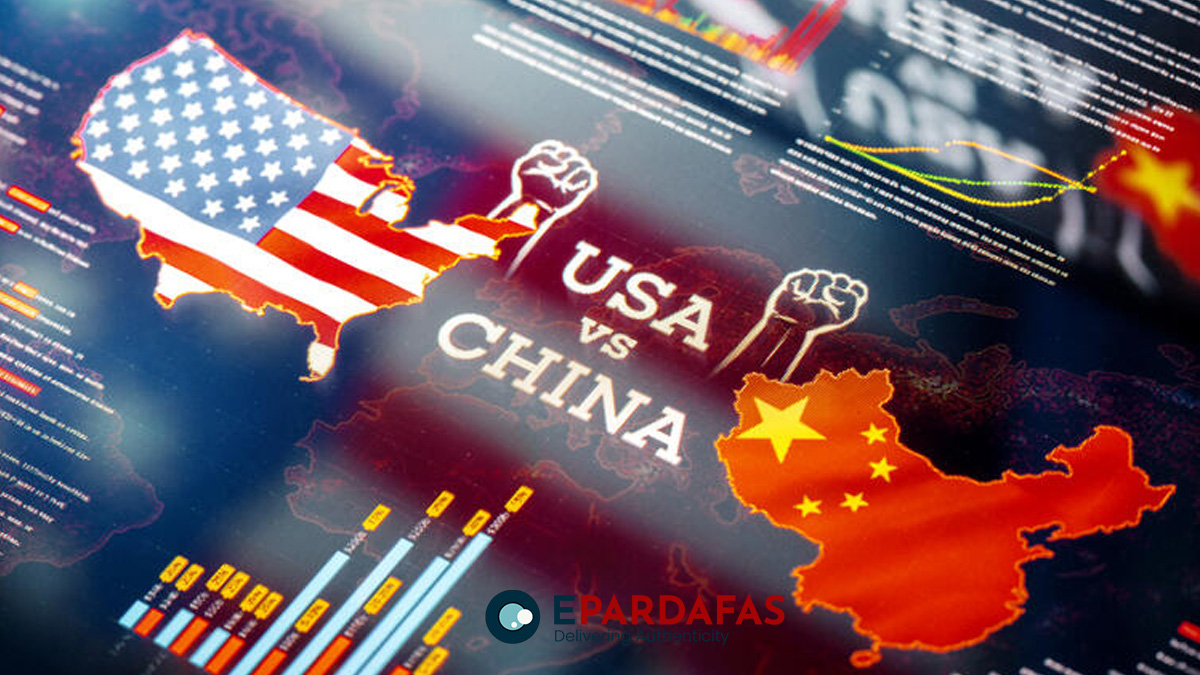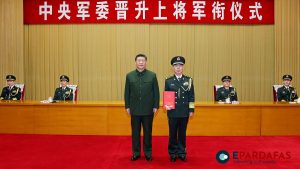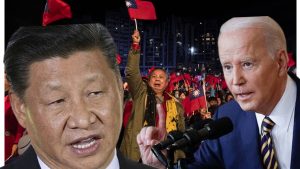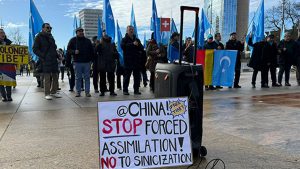
U.S. Blacklists 29 Chinese Companies Over Forced Labor, Bringing Total to 107

The U.S. Department of Homeland Security (DHS) announced on November 22 that it has added 29 Chinese companies to its forced labor blacklist, increasing the total to 107. These companies, spanning industries from agriculture to technology and pharmaceuticals, were identified as engaging in forced labor practices, a violation of fundamental human rights.
“Forced labor is a violation of basic human rights,” said DHS Secretary Alejandro N. Mayorkas. “The United States is making progress towards the eradication of forced labor while supporting economic fairness, safeguarding human rights, and holding perpetrators accountable.”
This action aligns with the Uyghur Forced Labor Prevention Act (UFLPA), enacted in 2022 to eliminate forced labor from U.S. supply chains. The law targets the Chinese Communist Party’s (CCP) exploitation of Uyghur Muslims in Xinjiang, a region where international investigations have documented systemic forced labor and persecution.
Key Blacklisted Sectors and Companies
Among the newly blacklisted entities, 23 companies are from the agricultural sector, producing goods such as tomato paste, walnuts, and raisins. These products are typically sold wholesale, often entering international supply chains.
The list also includes major players in the metals industry. The Xinjiang Nonferrous Metals Industry Group Co. and its subsidiaries, involved in mining and processing gold, chromium, and iron, were blacklisted alongside Xinjiang Zhonghe Co., which produces aluminum alloy and electronic materials. Both companies are linked to the supply chains of Chinese battery giants Gotion and CATL, which U.S. lawmakers have previously scrutinized for using forced labor.
Bipartisan Call for Action
House Select Committee on the CCP Chair John Moolenaar (R-Mich.), Homeland Security Committee Chair Mark Green (R-Tenn.), and Rep. Carlos Gimenez (R-Fla.) supported the DHS’s latest action but called for more measures. They urged a complete removal of Chinese entities tied to forced labor from the U.S. battery supply chain.
Legislation and Loopholes
Despite progress, lawmakers have expressed concerns over de minimis provisions, which allow goods valued under $800 to bypass customs inspections. Many fast-fashion items and consumer goods sourced from Xinjiang’s cotton industry, which produces 90% of China’s cotton, exploit this loophole.
Bills aimed at closing the de minimis loophole have been introduced but face challenges in implementation. Additionally, bipartisan legislation has been proposed to revoke China’s trade status, which would strip its ability to benefit from such exemptions.
Global Response to Forced Labor
The DHS action follows the European Union’s adoption of a resolution on November 21 to ban products linked to forced labor. Earlier this year, the EU implemented due diligence laws requiring companies to ensure compliance with labor and environmental standards across their supply chains.
With growing international scrutiny, the CCP’s forced labor practices remain a focal point in U.S.-China relations and global human rights advocacy. As the DHS continues to expand its blacklist, companies and nations alike face mounting pressure to uphold ethical labor practices.












Comments